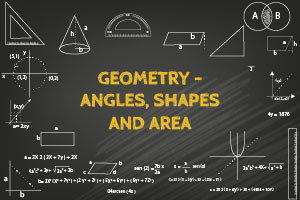Teaching Students About Golda Meir

Golda Meir was a trailblazer in the world of politics, becoming not only Israel’s first female Prime Minister but also one of the first women to lead a modern nation. This article is designed to give educators the necessary tools and resources to teach their students about her life, leadership, and contributions to history. It offers lesson plans, discussion topics, and useful materials for an engaging educational experience.
Section 1: Who was Golda Meir?
Begin your lesson by providing background information about Golda Meir’s life and career. Key points may include:
1. Birth and early life: Golda was born in 1898 in Kyiv, Ukraine (then part of the Russian Empire), and grew up in Milwaukee, Wisconsin after her family immigrated to escape persecution.
2. Political involvement: She developed an early passion for politics and social causes, joining various activist groups and later moving to Palestine where she pursued her political ambitions.
3. Leadership roles: Golda held numerous key positions within the Israeli government, including Minister of Labor and Minister of Foreign Affairs before becoming Prime Minister in 1969.
Section 2: Meir’s contributions and accomplishments
Focus on Meir’s notable achievements while in office:
1. The Yom Kippur War (1973): During her tenure as Prime Minister, she successfully navigated Israel through a surprise attack from its Arab neighbors, rallying international support in the process.
2. Promoting women’s rights: As a strong advocate for gender equality, she advanced opportunities for women within society by pushing for legislative reforms.
3. Diplomatic efforts: Throughout her tenure as Foreign Minister and Prime Minister, Golda worked tirelessly on mending relationships with bordering countries.
Section 3: Legacy and influence
Wrap up your lessons by discussing how Golda Meir left an indelible mark on modern history:
1. Role model for women: Golda’s success in a male-dominated field has made her a powerful example of what women can accomplish in politics.
2. Meir’s impact on Israeli society: As a founding mother of Israel, her work shaped the country’s character, espousing socialist values and promoting inclusivity.
3. International stature: Even after her death, Golda remains to be seen as an influential figure, demonstrating the importance of strong diplomatic relationships and resilience.
Conclusion
By following these guidelines and thoughtfully presenting information about Golda Meir’s life, accomplishments, and contributions to global politics, educators can engage students in meaningful discussions around leadership, women’s rights, and the importance of perseverance. This will allow students to gain an understanding of her impact on Israel and the broader international community.





